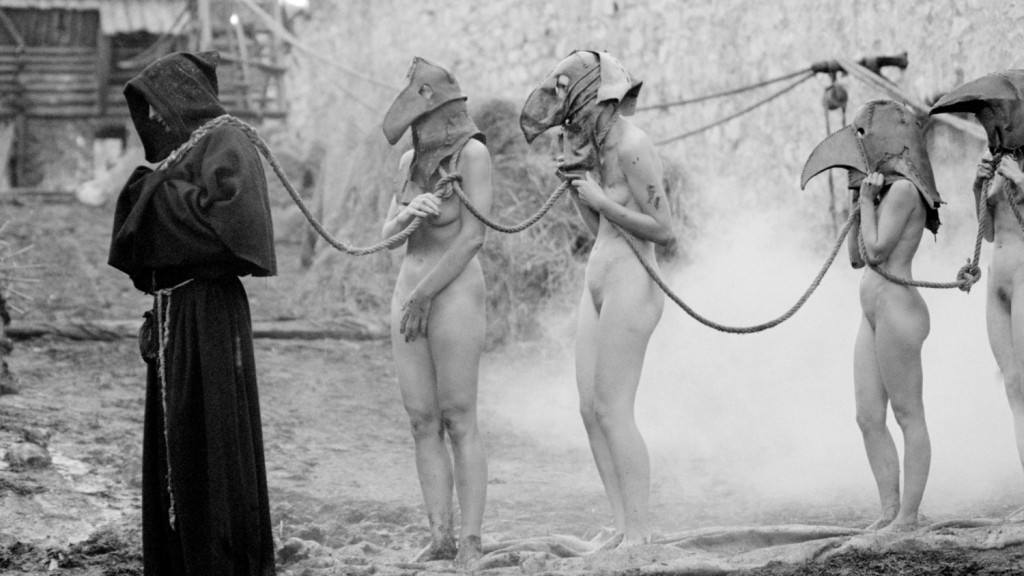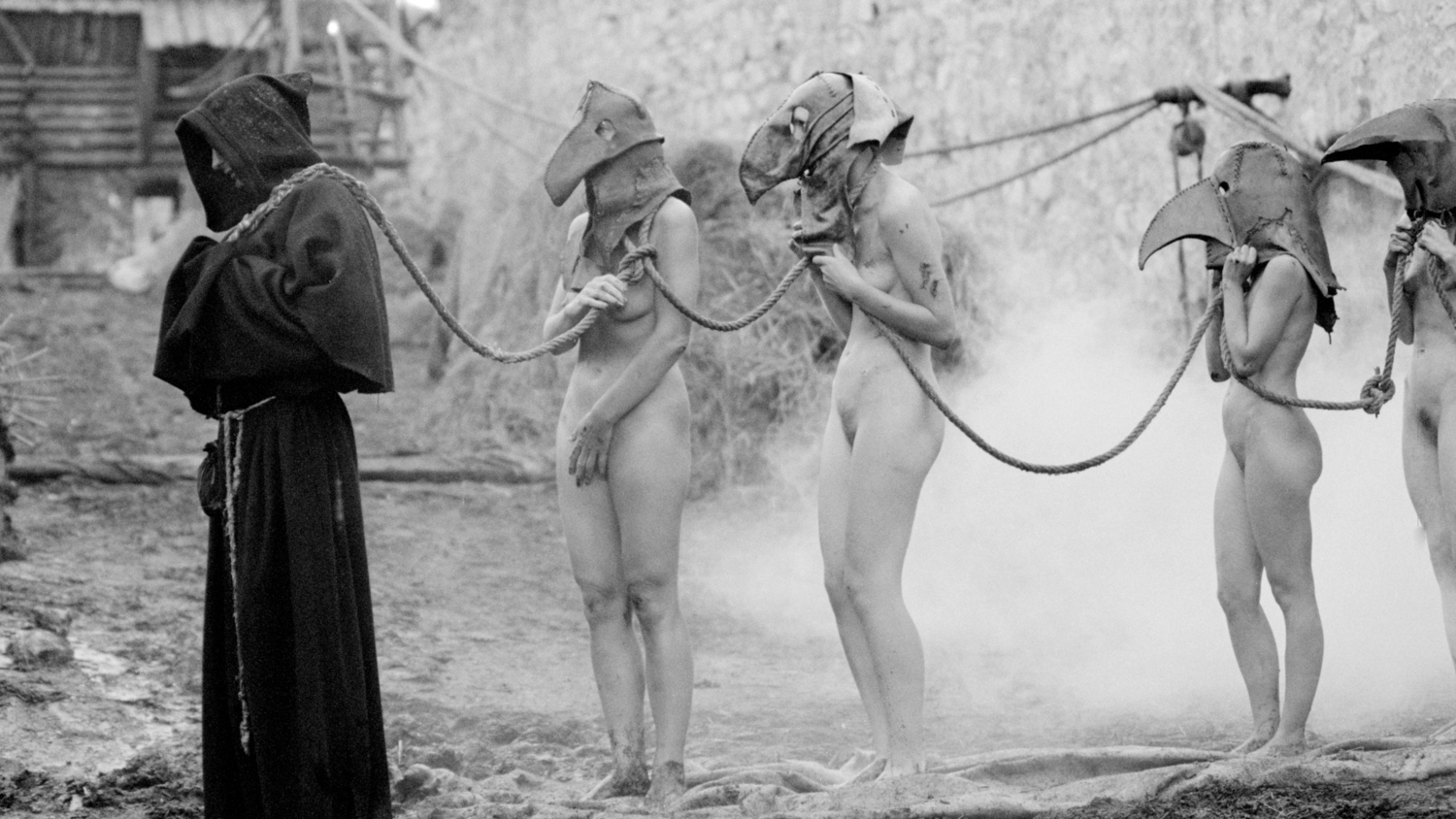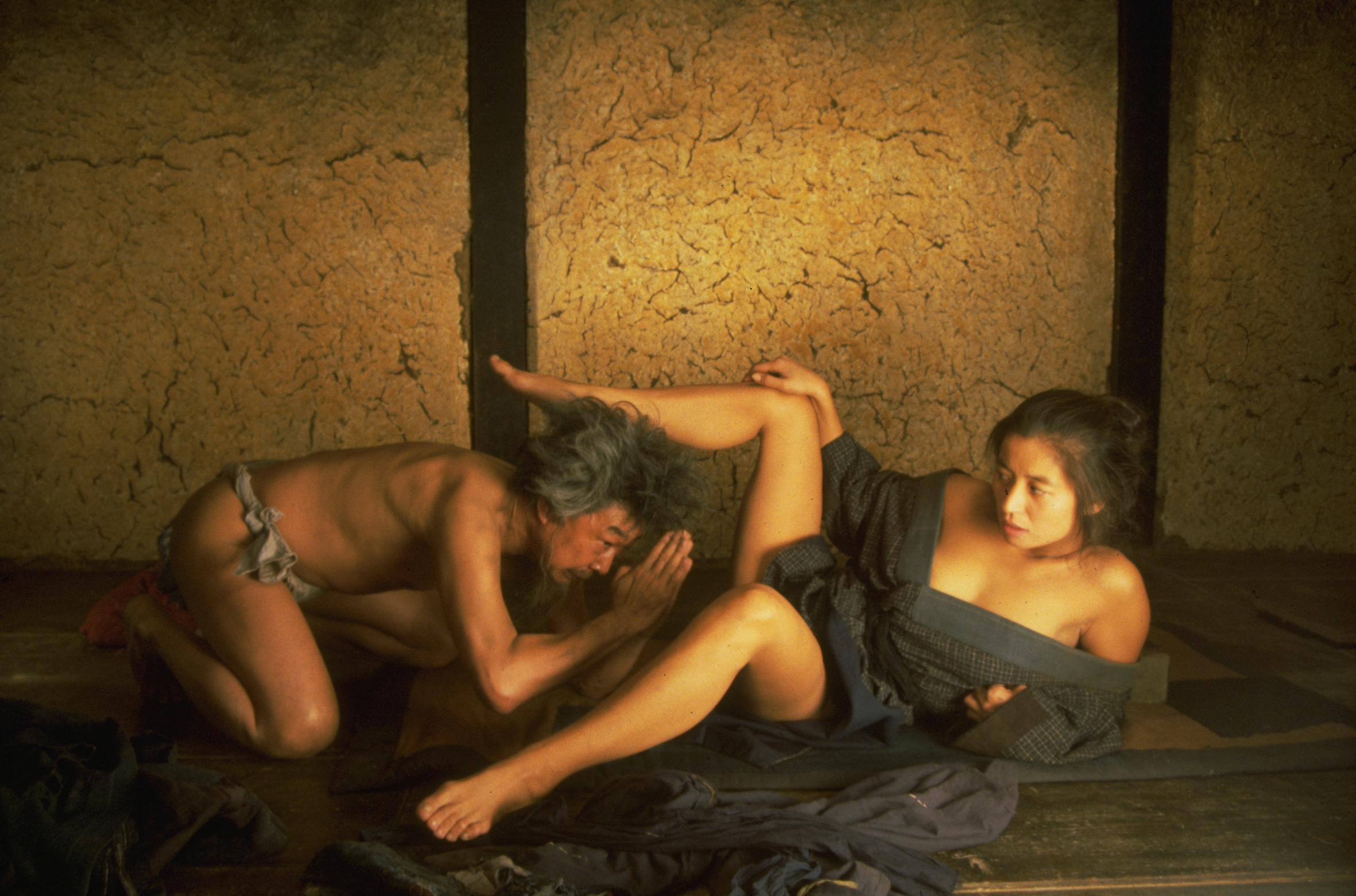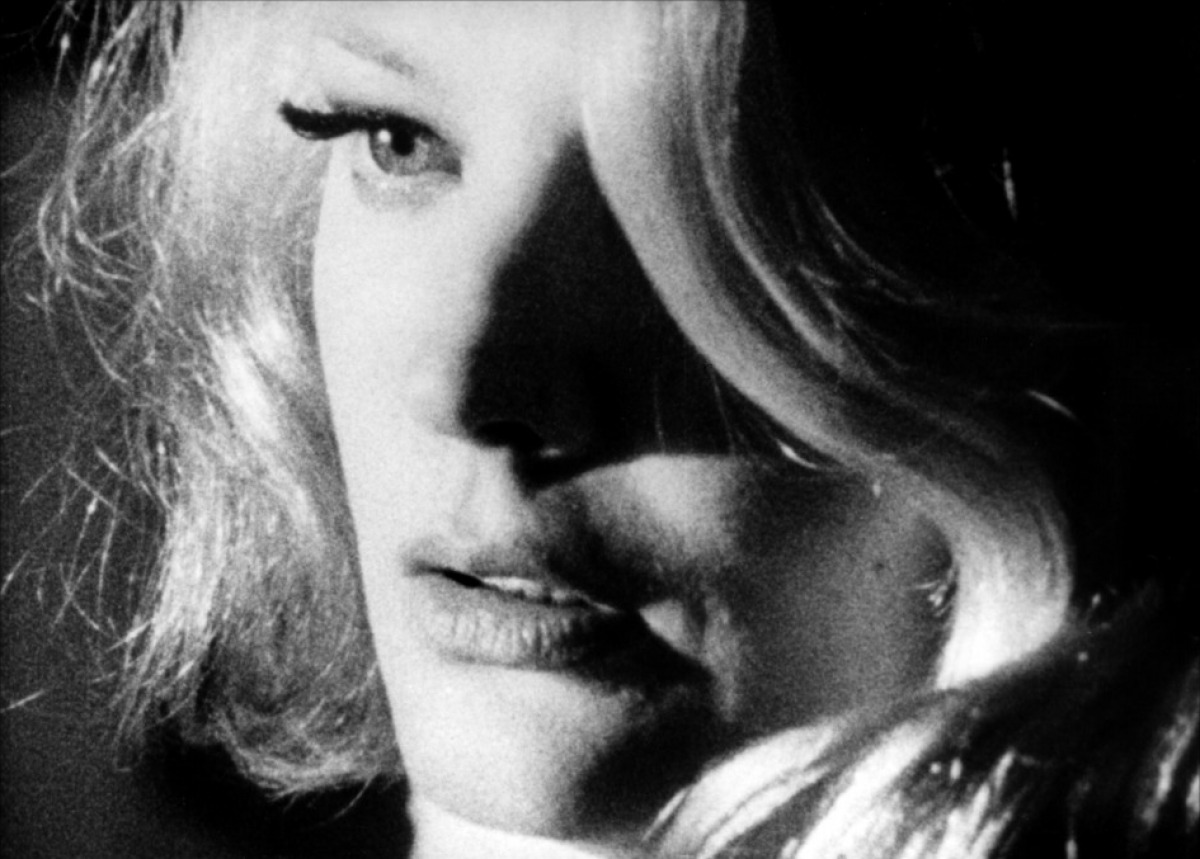Playback provides a fascinating document of the making of Hard To Be A God
 There’s a fine line between madness and genius in filmmaking, and the truly great, hard-to-believe-they exist-films have often perched on that line. And nothing has brought this more into focus than a making of documentary for such a film.
There’s a fine line between madness and genius in filmmaking, and the truly great, hard-to-believe-they exist-films have often perched on that line. And nothing has brought this more into focus than a making of documentary for such a film.
Documentaries like Hearts of Darkness and Burden of Dreams give a way to understand the extraordinary story behind Apocalypse Now and Fitzcarraldo, as well as the dedication and sheer lunacy required from those films’ directors. Playback chronicles another grand feature that could only have come from a director with laser-like focus and a certain amount of madness-cum-genius: Aleksei German‘s Hard To Be A God.
God is an extraordinary film and one that I have written at length about before. German spent six years shooting the picture between 2000 and 2006, having originally become interested in adapting the Strugasky brothers‘ book shortly after its release in 1964. Antoine Cattin‘s Playback focuses on the production period, although he rarely provides information as to which of this sex years we are watching at any time.
This is a remarkably raw account of the film’s troubled shoot, and as progress drags on, tempers fray and minor disagreements or annoyances take on far more significant importance. It feels like a new argument flares up, or one of the cast or crew starts shouting. Based upon what we see, there was a lot of shouting on German’s set.
The film’s star, Leonid Yarmolnik, who plays traveller Don Rumata, is the most vocal in pushing back against German’s seemingly never-ending shoot. At one point, German even declares that he’s no longer interested in making the film with Yarmolnik.
German is presented as fiercely intelligent and serious throughout, but also almost like a cinematic dictator. His single-mindedness about what he is doing becomes almost tyrannical, but he is making something important and he knows it. It’s ironic that the primary theme of German’s film is the inevitability of tyranny rising when it’s left unchecked.
In Playback, German references the key, fictional factions in Hard To Be A God – the Greys and the Blacks – but also, and quite transparently, the real world likelihood of a slide to fascism in the case of a ruling class being accepted. He comments, “Where greyness prevails, the black order will always come to the fore”.
Cattin also comments on the unusual setting of Hard To Be A God. The story takes place on another planet that is currently going through a period of develpment similar to our Middle Ages, which Cattin calls “a leap back into the past to peer into the future.” Whilst Cattin never puts words in German’s mouth or feels the need to explicitly explain what he thinks Hard To Be A God is really about, his selection of interviews with German plainly reveal an understanding that film is deeply political.
Alongside the interesting parallel between German’s discussion of tyranny and his almost tyrannical like approach to directing, rests another: Cattin’s position in relation to the character of Don Rumata. Both are visitors from another land, with Cattin travelling from Switzerland to Russia to make Playback; both are observers who will inevitably change their surroundings by their mere presence; and both clearly feel trapped. Cattin may labour this point a little at times, but it actually provides a fascinating narrative, successfully recontextalusing Hard To Be A God.
Playback is not necessarily the most polished and technically interesting film but Cattin engages with the making of German’s feature in a personal and academic way that helps make for a fascinating document on the subjectof a truly astonishing film.
Hard To Be A God is currently playing in UK cinemas and was released on Blu-ray in the U.S. on the 30th of June by Kino Lorber. Playback appears to be without distribution, but hopefully a release is forthcoming, and if so, we’ll update you on how you can see it.





